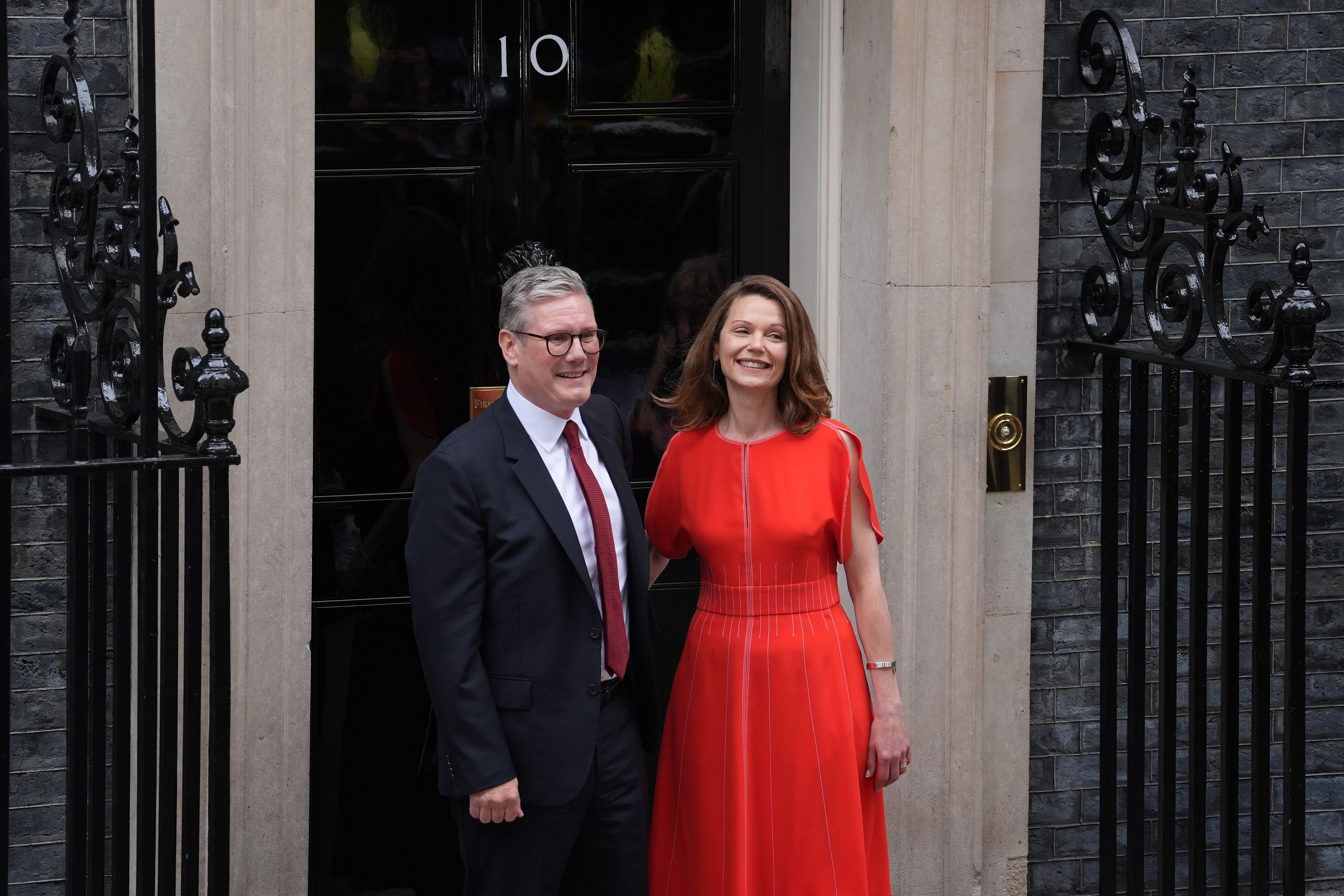Do MPs need to get a grip on ‘freebies’?
Public disapproval has been vocal after the prime minister received gifts from tech entrepreneur Lord Alli, as Mary Dejevesky delves into the murky world of donations to clarify the rules politicians must abide by

Revelations about “freebies” received by the prime minister and several senior ministers from a single donor, the media and tech entrepreneur Lord Alli, drew widespread public disapproval and overshadowed the start of the Labour Party conference. Sir Keir Starmer and other beneficiaries, however, have insisted they have observed the rules and done nothing wrong...
Is there one set of rules for everyone?
No, there are several, depending on what sort of donations you are talking about. There are two main categories: donations to political parties and election candidates and donations to MPs and ministers. And there are rules not just on receiving, but on who may give.
What are the rules for parties?
Donations to political parties and candidates can be made by anyone who is on a UK electoral register or any company or other organisation registered in the UK. But charities are excluded. Donations can be in money or kind, including, say, office provision. Parties must declare all donations above £500 and candidates must declare all above £50. Despite moves to introduce one, there is no upper limit, although there is an upper limit for what a party can spend in the year to an election, which was raised before the last election to £35m, which probably made the 2024 general election the most expensive ever.
How about the rules once someone has been elected?
This is where it becomes more complicated. MPs are required to declare any gifts worth more than £300 and received in their capacity as an MP in the Register of Members’ Interests within 28 days. The House of Lords has a similar system. Smaller gifts that add up to more than £300 from the same donor in a year must also be declared. Gifts include holidays, entertainment, and so on, not just material gifts.
Does this include government ministers?
You would have thought that the same rules apply to ministers as MPs, and this is true – but also not true. It depends on whether they receive the gift in their capacity as an MP – in which case it must be entered in the Register – or in their capacity as a minister, in which case it is deemed subject to the ministerial code.
On the one hand, this looks stricter, as it stipulates that “no minister should accept gifts, hospitality or services from anyone which would, or might appear to place him or her under an obligation”. The same applies to gifts to a family member, a gift being defined as anything valued at more than £500.
On the other hand, though, if the recipient believes there is not even the appearance of any conflict of interest, it appears nothing need be recorded. In effect, the rules for ministers could be seen as more lax, and indeed almost non-existent.
Shouldn’t ministers be subject to stricter rules than MPs?
Given the power they have at their disposal, you would have thought so, and in theory, they are supposed to publish their interests in something called the government’s “transparency returns”. But this system has its critics, including Chris Bryant, now a government minister, who said when he was an opposition MP that this report does not appear as regularly or in as much detail as might be expected.
Is there any move to change this?
The frenzied politics of the past five or so years have deflected attention from a problem David Cameron identified, when he was prime minister, as something that could be the next big political scandal. It remains to be seen whether the revelations about the “freebies” enjoyed by the prime minister and other ministers – and still more the public criticism – will spur new rules for ministers. Any tightening of the rules could face opposition, however, given that Lisa Nandy, the culture secretary, said in a TV interview that “all MPs take gifts and donations in kind. That’s the system we have in the UK. The important thing is that we are really transparent about the way in which that happens.”
Is it as simple as this, however, and are ministers as transparent as they say?
The public outcry, especially about ministers accepting clothes and glasses – the argument being that everyone else has to pay for work clothes, etc themselves – seems to have taken ministers by surprise, which has only served to underline the perception gap between politicians and the voters. But there also seems to have been some sleight of hand in which clothes were included as “office expenses”, which would seem to stretch definitions.
It could be argued that there is a difference between products, including clothes, donated by a British company or designer to promote trade, for instance, and the same gift received via a third party, in this case, Lord Alli. But this is not an argument that has been made.



Join our commenting forum
Join thought-provoking conversations, follow other Independent readers and see their replies
Comments